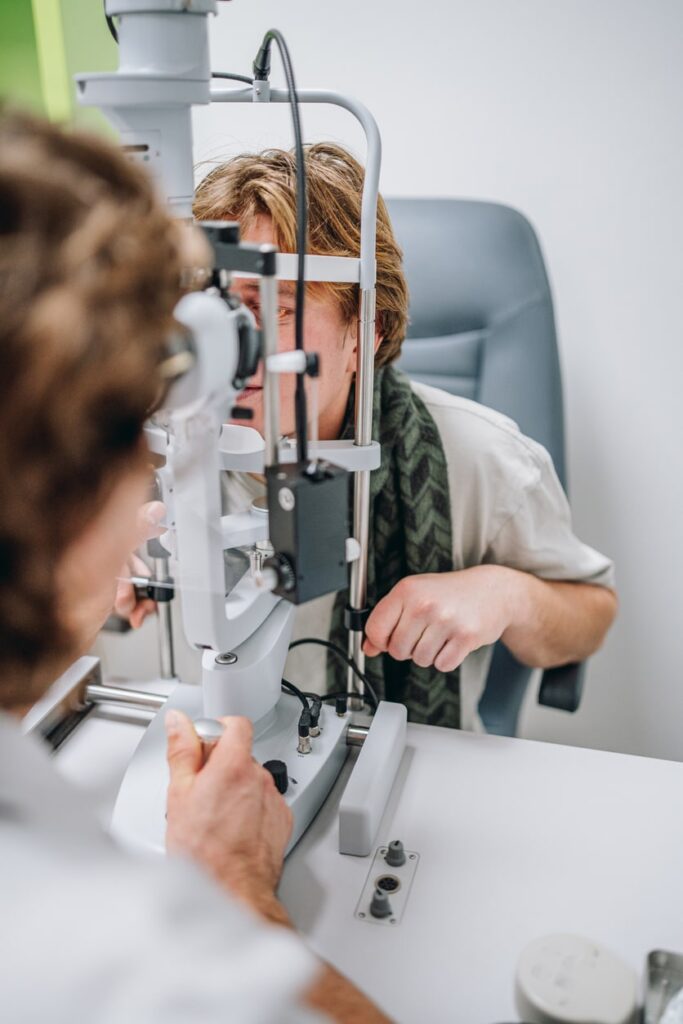Retina
At Kwiat Eye, we are committed to preserving and restoring retinal health. Our team of skilled ophthalmologists specializes in diagnosing and treating a wide range of retinal conditions, utilizing the latest advancements in medical and surgical techniques.

